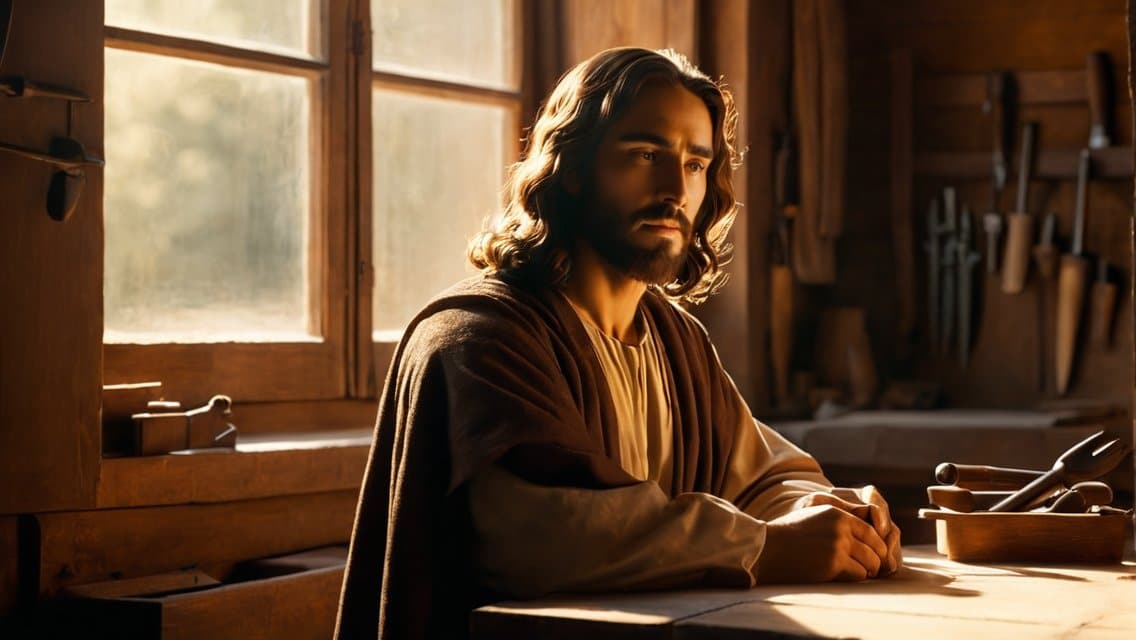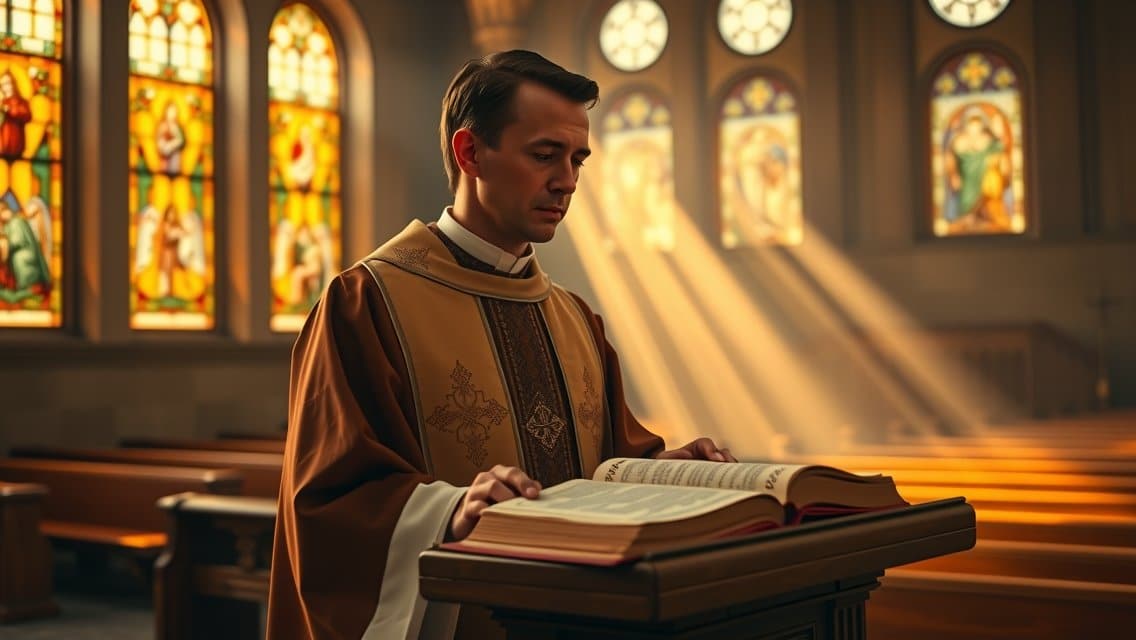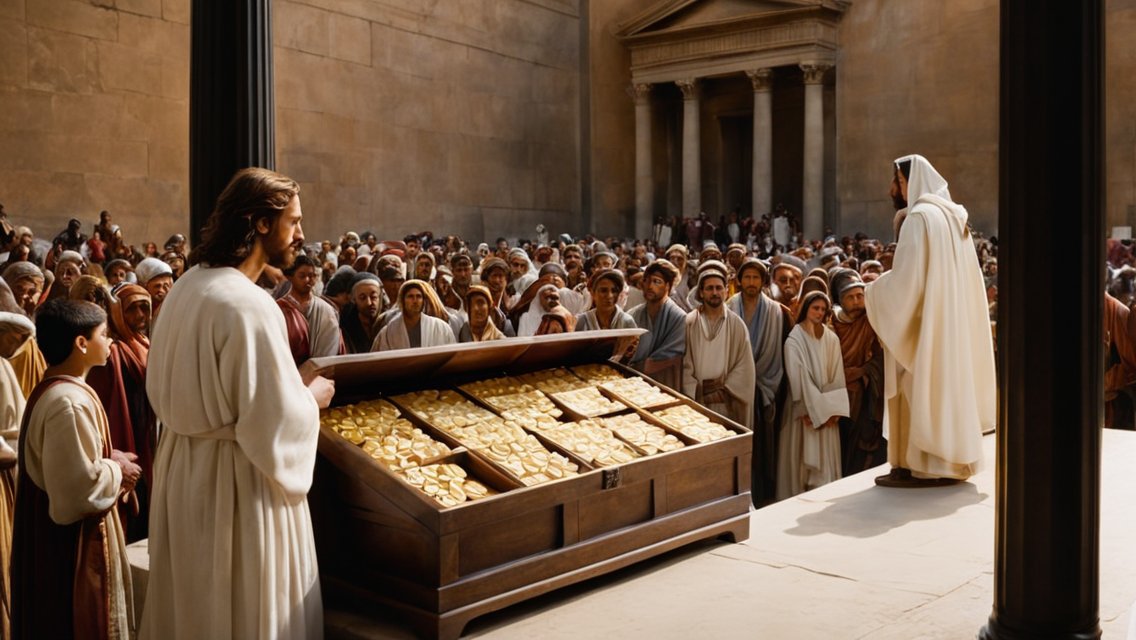Fourteenth Sunday Homily of the Ordinary Time – Year B
Readings: Ezek 2:2-5, 2 Cor 12:7-l0, Mk 6:l-6
1st Reading – Ezekiel 2:2-5
2 As the LORD spoke to me, the spirit entered into me and set me on my feet,
and I heard the one who was speaking
3 say to me: Son of man, I am sending you to the Israelites, rebels who have rebelled against me; they and their ancestors have revolted against me to this very day.
4 Hard of face and obstinate of heart are they to whom I am sending you. But you shall say to them: Thus says the LORD GOD!
5 And whether they heed or resist for they are a rebellious house they shall know that a prophet has been among them.
Responsorial Psalm – Psalms 123:1-2, 2, 3-4
R. (2cd) Our eyes are fixed on the Lord, pleading for his mercy.
1 To you I lift up my eyes
who are enthroned in heaven —
2AB As the eyes of servants
are on the hands of their masters.
R. Our eyes are fixed on the Lord, pleading for his mercy.
2BC As the eyes of a maid
are on the hands of her mistress,
So are our eyes on the LORD, our God,
till he have pity on us.
R. Our eyes are fixed on the Lord, pleading for his mercy.
3 Have pity on us, O LORD, have pity on us,
for we are more than sated with contempt;
4 our souls are more than sated
with the mockery of the arrogant,
with the contempt of the proud.
R. Our eyes are fixed on the Lord, pleading for his mercy.
2nd Reading – 2 Corinthians 12:7-10
7 Brothers and sisters: That I, Paul, might not become too elated, because of the abundance of the revelations, a thorn in the flesh was given to me, an angel of Satan, to beat me, to keep me from being too elated.
8 Three times I begged the Lord about this, that it might leave me,
9 but he said to me, “My grace is sufficient for you, for power is made perfect in weakness.” I will rather boast most gladly of my weaknesses, in order that the power of Christ may dwell with me.
10 Therefore, I am content with weaknesses, insults, hardships, persecutions, and constraints, for the sake of Christ; for when I am weak, then I am strong.
Alleluia – CF. Luke 4:18
R. Alleluia, alleluia.
18 The Spirit of the Lord is upon me,
for he sent me to bring glad tidings to the poor.
R. Alleluia, alleluia.
Gospel – Mark 6:1-6
1 Jesus departed from there and came to his native place, accompanied by his disciples.
2 When the sabbath came he began to teach in the synagogue, and many who heard him were astonished. They said, “Where did this man get all this? What kind of wisdom has been given him? What mighty deeds are wrought by his hands!
3 Is he not the carpenter, the son of Mary, and the brother of James and Joses and Judas and Simon? And are not his sisters here with us?” And they took offense at him.
4 Jesus said to them, “A prophet is not without honour except in his native place and among his own kin and in his own house.”
5 So he was not able to perform any mighty deed there, apart from curing a few sick people by laying his hands on them.
6 He was amazed at their lack of faith.
Homily
Prophets and Losses
“Whether they hear or refuse, they will know
that than: has been a prophet among them” (Ezek)
It seems George Bush went to a primary school to defend the Iraq invasion. After his talk he offered question time. Little Bob raised his hand and said, “Sir, I have two questions. First, why did the USA invade Iraq without UN support? Second, did you find any nuclear weapons?” Just then the bell rang for recess. Bush told the kids that they’d continue after recess. After the recess, Bush asked, “Any more questions?” Steve stead up and said, “l have four questions, First, why did the USA invade Iraq without UN support? Second, did you find nuclear weapons? Third, why did the recess bell go 20 minutes early? And fourth, where’s Bob?’
Who, and where exactly, are our prophets, today? Prophets announce God’s reign and denounce the evil that subverts it. Are prophets commended or condemned? Respected or rejected? Christianity is called a ‘prophetic religion’. Therefore, aren’t we all, Christians, called to be prophets today?
Today’s first reading highlights the first of the four different accounts of Ezekiei‘s call. Ezekiel is empowered by the Spirit to prophesy to his people suffering the Babylonian Exile (597 BC.) They are accused of being ‘hardhearted’ and ‘rebellious’, their own sins being cause of their misery. Yahweh warns Ezekiel that his own people might reject him. “Whether they heed or resist,” says Yahweh, “they shall know that a prophet has been among them.”
The responsorial psalm (123) is a poignant plea for help in time of tribulation: “Our eyes are fixed on the Lord, pleading for his mercy.” A representative of Israel pleads on behalf of the community with images of servant and master, maid and mistress symbolizing Israel’s relationship with Yahweh. The last stanza seems to echo the pains of the prophet who receives the “mockery of the arrogant” and “contempt of the proud.”
Paul is certainly one of Jesus’ finest apostles. And prophet. Today’s passage is from the so-called ‘tearful letter’ (2 Cor l0-l3) where Paul bemoans the presence of ‘false prophets’ who criticize him and boast about their achievements, ecstasies and miracles. By contrast, Paul confesses that, whenever he is tempted to preen himself like his opponents, he becomes painfully aware of what he terms “thorn in the flesh”.
Scholars hypothesize that “thorn in the flesh” refers to either epilepsy or some form of depression. That notwithstanding, what’s important is that Paul deeply experiences God’s assuring voice: “My grace is sufficient for you!” Thus, Paul is content with weaknesses, mistreatment, persecutions and difficulties, for, in his words, “When I am weak, then I am strong.”
Jesus, The Prophet par excellence, suffers the same fate of the other prophets. But, compared to the other prophets, his message is absolutely authoritative since he not only speaks God’s word but is Word Himself. Yet, he is rejected because his wisdom seems too wonderful for an ordinary “carpenter’s son” and his do’ and don’ts, too demanding. But this Prophet, Jesus, is ready to lose everything – even his life – in total fidelity to God’s will.
The world has many ‘false prophets’ and, sadly, few true ones ready to lose everything that truth might prevail. There are the likes of Bush and Modi who promise a ‘terrorist-free world’ and boast of ‘Gujaratni-asmita’ (Gujarati glory) only to foster more bullying and bloodshed. Conversely, there are the Med ha Patkars and even filmi folk like Aamir Khan who dare take on Modi-might so that the poor might live a decent life.
“You may be the prophets, but we are the kings!” was the conceited cry of the President of the transnational Shell Company when confronted by the criticism of Church officials during YKJ 2000 Celebrations. Alas, the world has too many kings and perhaps too many priests, today. But, prophets? Let’s all strive to be prophets. While we’re likely to suffer grave losses, even death, one voice will resonate loudest, drowning all the rejections: “My grace is sufficient for you!”





